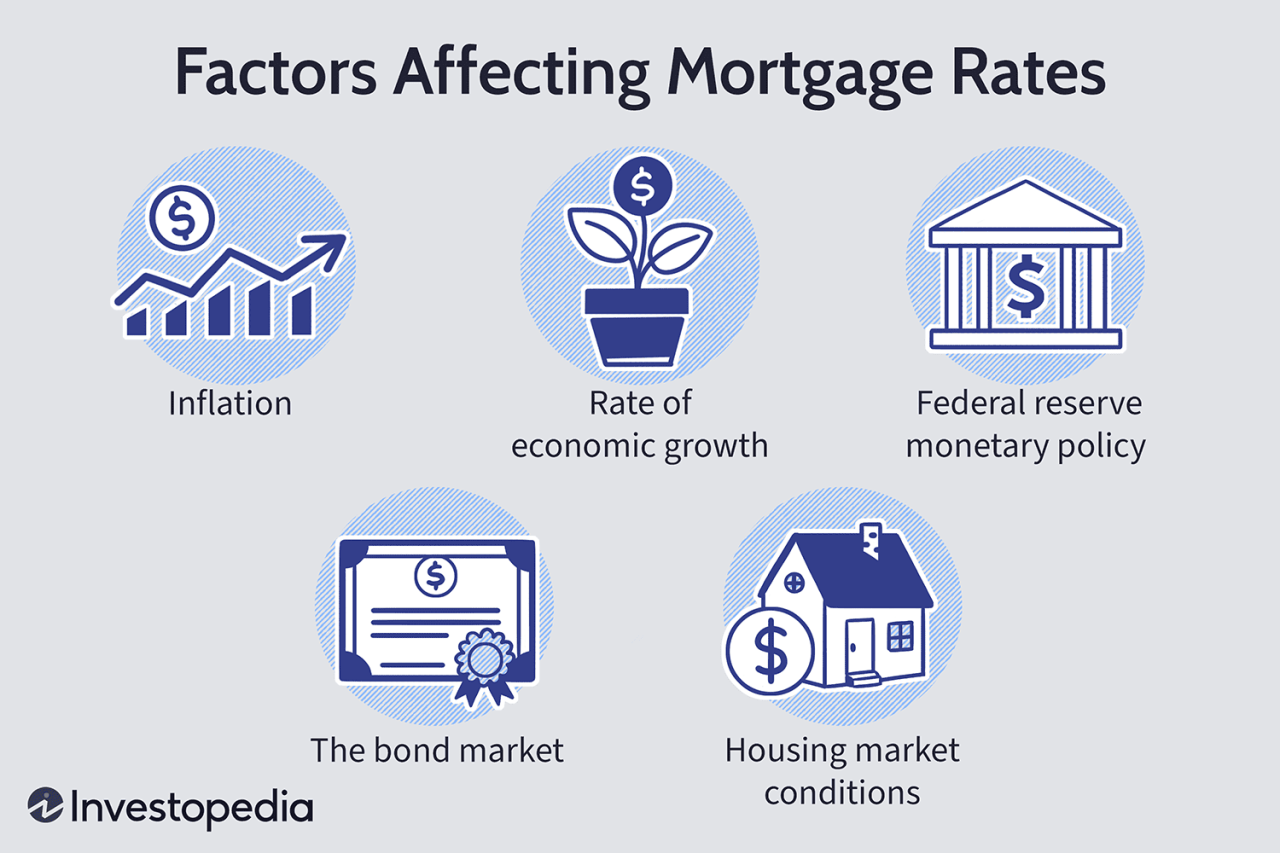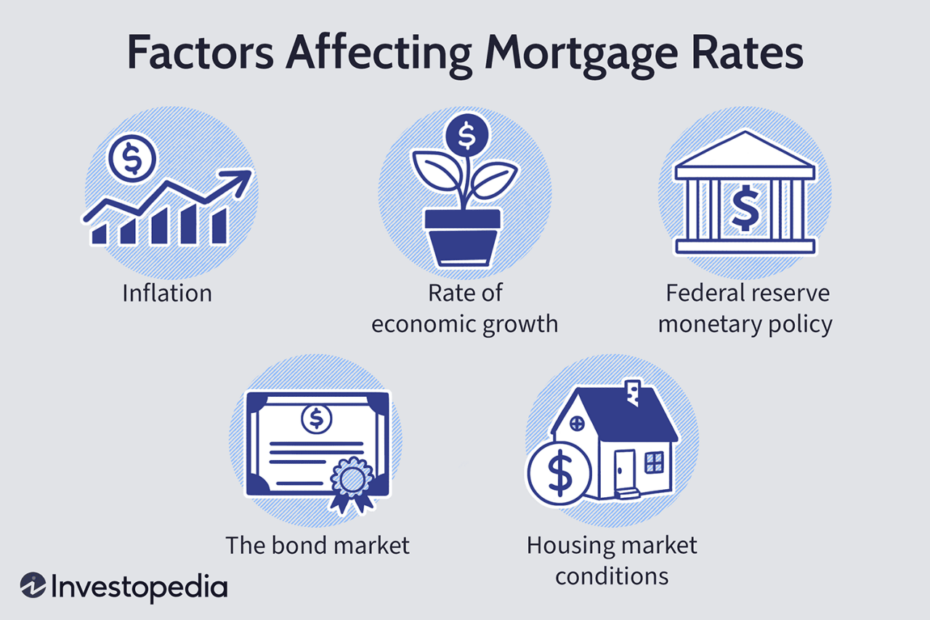What Are The 4 Factors That Influence Interest Rates: A Comprehensive Guide
What Are The Key Determinants Of Interest Rates?
Keywords searched by users: What are the 4 factors that influence interest rates Factors that affect interest rates, Which of the following factors will change when interest rates change, Interest rates, Decide the size of a loan and interest rate to be charged, If the interest rate were to rise we would expect that, How interest rate affect inflation, The role of interest rates, What is interest
What Are The Factors Influencing Interest Rates?
Exploring the intricate web of factors that influence interest rates, we’ll delve into five key elements that play a pivotal role in shaping these rates. First and foremost, the vitality of the economy and the propensity for saving have a substantial impact. Interest rates operate within a dynamic free market framework, where the interplay of supply and demand takes center stage. Another critical factor is the rate of inflation, which can exert substantial pressure on interest rates. Additionally, the perceived risk associated with the borrower plays a crucial role in determining interest rates, as lenders adjust their rates to mitigate potential losses. The tax treatment of the interest earned on loans and the specific time period of the loan are two more facets that deserve attention when deciphering the intricacies of interest rate determination. By considering these multifaceted factors, we gain a comprehensive understanding of the complex landscape that shapes interest rates.
What Are The 6 Factors That Affect Nominal Interest Rates?
Nominal interest rates are influenced by a combination of six critical factors that collectively shape the overall rate of return on a financial security. These factors encompass the real risk-free rate, which serves as a baseline for interest rates, reflecting the return investors expect when there is no risk involved. Additionally, default risk plays a significant role, representing the likelihood that the issuer of the security may fail to meet their financial obligations, leading to higher interest rates as compensation for this risk. Maturity risk, another factor, considers the length of time until the security matures, with longer maturities often associated with higher nominal interest rates due to increased uncertainty. Liquidity risk is the next element in the mix, reflecting how easily a security can be bought or sold in the market, with less liquid securities generally commanding higher interest rates.
Furthermore, a premium for expected inflation is factored in, as investors require compensation for the eroding effect of inflation on the purchasing power of their returns. Lastly, the quoted rate on a risk-free security, typically exemplified by government bonds, also plays a vital role in setting nominal interest rates, as it serves as a benchmark against which other investments are compared. By considering these six factors comprehensively, investors and economists can better understand and predict the complex dynamics that determine nominal interest rates in financial markets.
What Are The Factors That Affect Interest On Loans?
There are several key factors that significantly influence the interest rates on loans, particularly personal loans. These factors encompass various aspects of a borrower’s financial profile, and they are crucial for both lenders and borrowers to consider when assessing loan terms. Let’s explore these factors in detail:
-
Income Level: One of the primary factors that affect your loan interest rate is your income level. Lenders evaluate your income to gauge your ability to make regular loan payments. Generally, higher income levels can lead to lower interest rates.
-
Repayment History: Your repayment history is a pivotal factor that banks scrutinize. It provides insight into your past behavior in repaying loans and bills. A strong track record of on-time payments can improve your chances of securing a loan at a lower interest rate.
-
Credit Score: Your credit score is a numerical representation of your creditworthiness. It takes into account your credit history, outstanding debts, and various financial activities. A higher credit score typically translates to lower interest rates on loans.
-
Lender-Borrower Relationship: The relationship between the lender and the borrower can influence the interest rate offered. Existing customers with a positive history with a particular lender may receive preferential rates.
-
Debt-to-Income Ratio: The debt-to-income ratio is the proportion of your monthly income that goes toward paying existing debts. A lower ratio indicates better financial stability and can lead to more favorable loan terms.
-
Defaults: Any previous loan defaults or delinquencies can significantly impact your loan interest rate. Lenders may consider you a higher risk if you have a history of not repaying loans on time.
By considering these crucial factors, borrowers can gain a better understanding of what influences their loan interest rates. It’s essential to maintain a healthy financial profile by managing these aspects to secure loans with the most favorable terms.
Details 6 What are the 4 factors that influence interest rates

:max_bytes(150000):strip_icc()/Which-economic-factors-impact-treasury-yields_final-676fd306bca34abfb85e4869ff63259a.png)
:max_bytes(150000):strip_icc()/factors-affecting-real-estate-market.asp_final-8e8ea4cd40dd45909593384700de9759.png)
Categories: Discover 80 What Are The 4 Factors That Influence Interest Rates
See more here: muadacsan3mien.com

Factors that affect interest rates are economic strength, inflation, government policy, supply and demand, credit risk, and loan period. There are two standard terms when discussing interest rates. The APR is the interest you will be charged when you borrow.Six factors that determine the nominal interest rate on a security are real risk-free rate, default risk, maturity risk, liquidity risk, premium for expected inflation, and quoted rate on a risk-free security.
- The strength of the economy and the willingness to save. Interest rates are determined in a free market where supply and demand interact. …
- The rate of inflation. …
- The riskiness of the borrower. …
- The tax treatment of the interest. …
- The time period of the loan.
- Income: Your income level plays an important role in your interest rate. …
- Repayment history: This allows the banks to determine a borrower’s tendency to repay the loan amount. …
- Credit score: …
- Lender-borrower relationship: …
- Debt-to-Income Ratio: …
- Defaults:
Learn more about the topic What are the 4 factors that influence interest rates.
- Interest Rate | Definition, Calculation, & Factors That Affect It
- Interest Rates – Econlib
- What are the six factors that determine the nominal interest rate on a
- 6 Factors Affecting Your Personal Loan Interest Rate | L&T FS
- Seven factors that determine your mortgage interest rate
- Pros and Cons of Rising Interest Rates | Fifth Third Bank
See more: https://muadacsan3mien.com/category/space-astronomy
